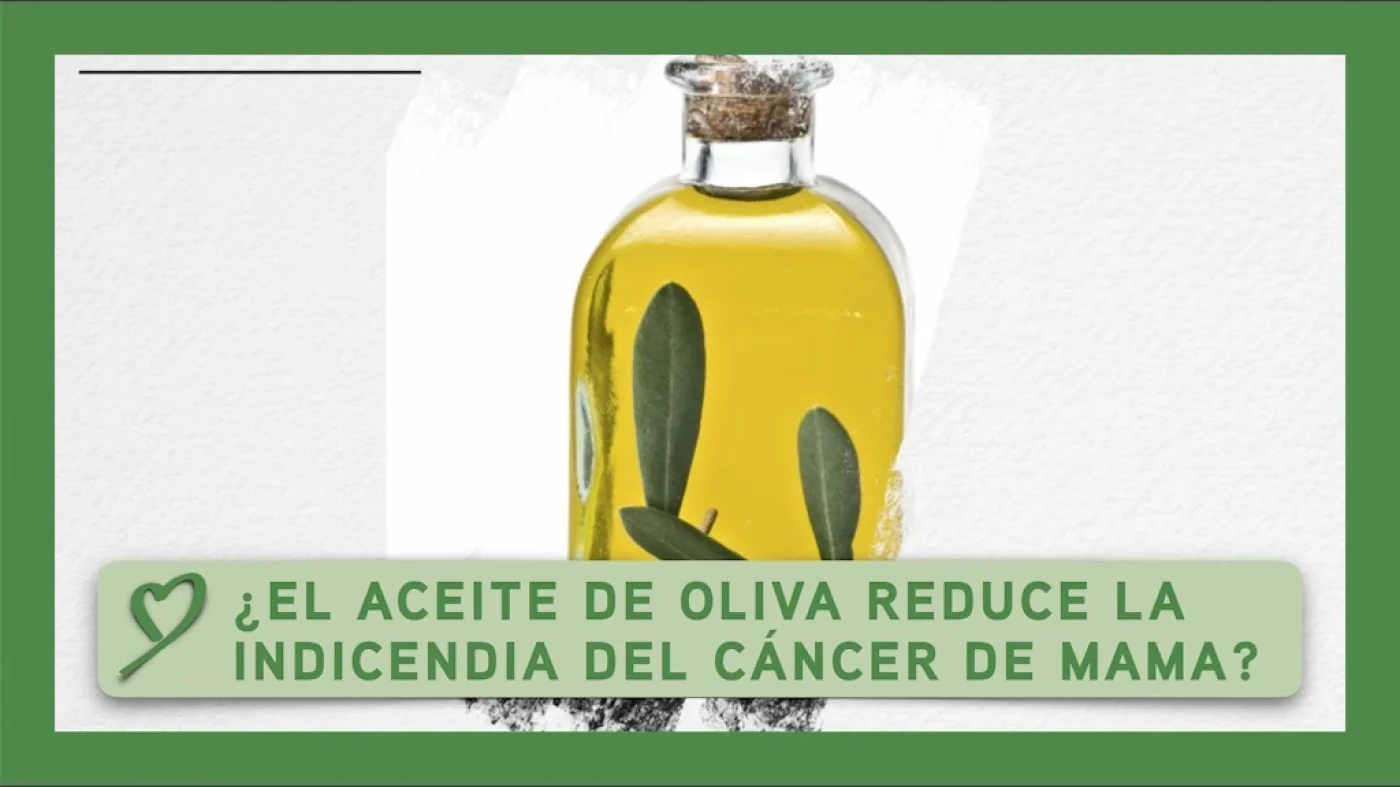
Numerous scientific studies have highlighted the relationship between the Mediterranean Diet, rich in Extra Virgin Olive Oil (EVOO), and a significant reduction in the risk of developing breast cancer. This evidence positions EVOO not only as a nutritious food but as a potentially protective agent against the disease.
A milestone in research on EVOO and breast cancer comes from a large-scale randomized controlled trial, a secondary analysis of the well-known PREDIMED Study (Prevention with Mediterranean Diet), published in 2020. This study, which involved more than 4,000 women for almost five years, compared two Mediterranean diet groups (one supplemented with EVOO and the other with nuts) against a control group on a low-fat diet.
Women who followed the Mediterranean Diet supplemented with EVOO had a 70 % lower risk of developing invasive breast cancer compared to those advised to follow a low-fat diet.
This result underscores that the protective effect is more pronounced when EVOO is incorporated as the main and abundant fat within the context of a global Mediterranean diet.
Dr. Eduardo Escrich from the University of Barcelona and his colleague Dr. JA Menendez suggest that the protective effect of olive oil is due to two main components:
Additional research, such as that by investigator Marialaura Bonaccio from the Neuromed Mediterranean Neurologic Institute in Italy, has suggested that high consumption of EVOO could be linearly associated with a lower risk of breast cancer. Specifically, components such as hydroxytyrosol and oleuropein (polyphenols present in olive oil) have been observed to potentially interact with mechanisms related to estrogen receptors.
This is particularly relevant for certain types of tumors. Although the association with overall breast cancer risk remains an area of continuous study, the results suggest a possible inverse relationship with estrogen and progesterone receptor-negative tumors, which are relatively rare and more difficult to treat.
Other analyses have reinforced the idea that a dose-response relationship exists:
One study suggested that women who consistently used at least two tablespoons of virgin olive oil per day (for dressing, cooking, and frying) had a 28 % lower risk of breast cancer than those who did not follow this practice.
It has been suggested that consuming more than three tablespoons per day is associated with a 30 % reduction in overall risk.
Experts emphasize the superiority of Extra Virgin Olive Oil (EVOO) over common olive oil, as EVOO contains much higher levels of antioxidant polyphenols and lignans. These compounds, found at significantly greater levels in EVOO, are key to the protection mechanism, including the blocking of estrogen action, which provides broader protection against different types of breast cancer (both estrogen receptor-negative and positive).
In conclusion, epidemiological evidence and the findings of long-term clinical trials, such as PREDIMED, firmly position Extra Virgin Olive Oil as an essential dietary component for breast cancer prevention, exerting its protective effect through the action of its fatty acids and powerful antioxidant polyphenolic compounds.
Important Note: aceitedelcampo.com promotes the consumption of extra virgin olive oil for its culinary qualities and health benefits. However, no medication or current treatment should be replaced without the guidance of a healthcare professional.
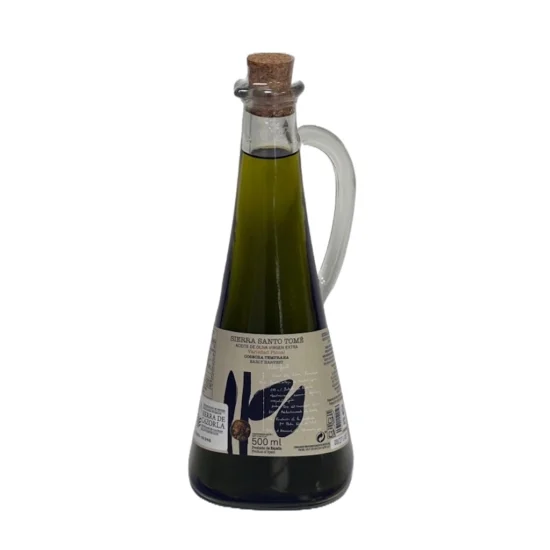
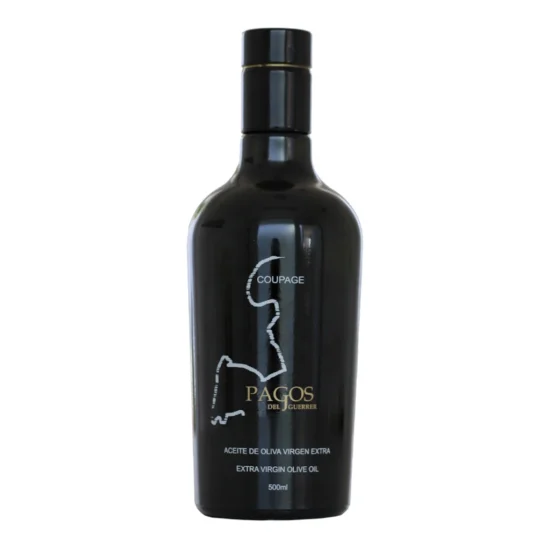
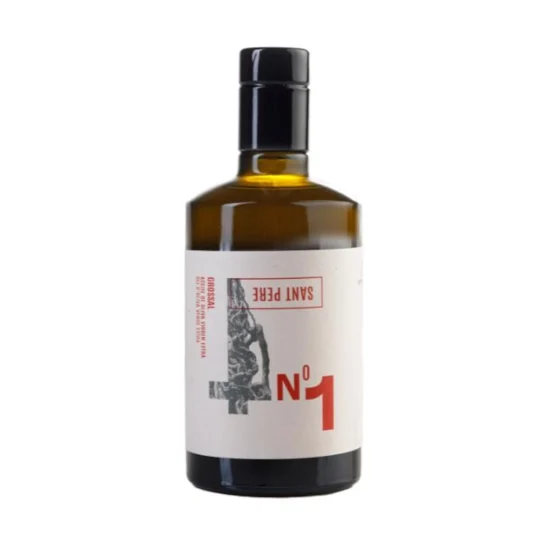
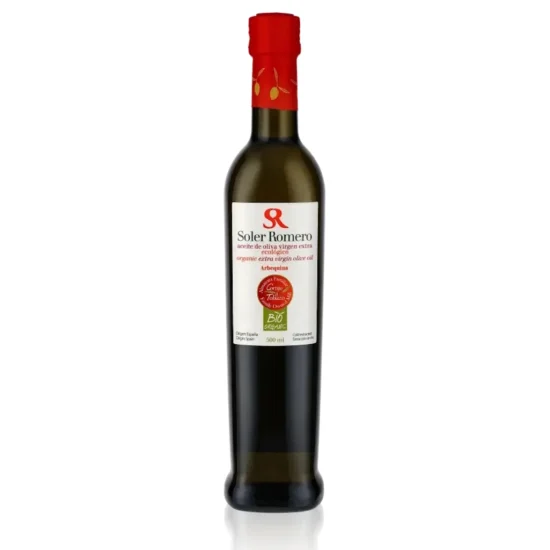
ALZAYT EXPORT SL
info@aceitedelcampo.com
C/ Eduardo Bosca 19, 2-5
46023 Valencia
Subscribe and receive a coupon by email for your next purchase.